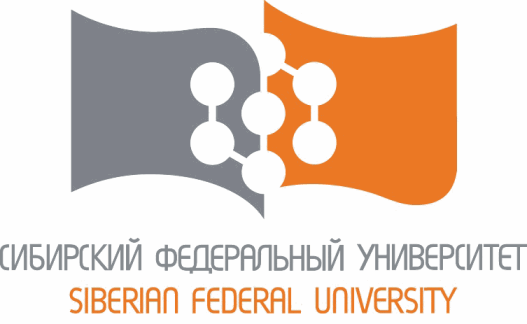New approach by SFU scientists lowers aluminium manufacturing costs for the aerospace industry
Scientists at the Institute of Non-Ferrous Metals of the Siberian Federal University (SFU) have developed an effective model for casting flat ingots from an economically alloyed aluminium-scandium alloy, initially created at the university for RUSAL. This innovative modelling approach for ingot crystallisation enables Russian manufacturers of aluminium semi-finished products in the shipbuilding, space, and aircraft industries to reduce production costs significantly.

About this model
By utilising this refined model to optimise casting parameters, manufacturers can produce ingots with more uniform structure and composition. As a result, products made from these ingots exhibit increased strength and wear resistance, are less prone to failure, and show a marked reduction in manufacturing defects.
The aluminium-based alloys used in the experiment incorporate the valuable rare earth element scandium, which enhances the products' strength, wear resistance, and durability. Although the cost of scandium is relatively low in this context, its impact allows these alloys to be utilised in manufacturing parts for cars, ships, and aeroplanes and in the construction of rockets and satellites.
"The refined technique of thermophysical modeling of crystallisation of flat ingots from scandium-containing aluminum alloys allows to achieve the most uniform and homogeneous ingot structure. During the subsequent processing and production of semi—finished products from such ingots, they must be of high quality, as homogeneous as possible inside, without stress and deformation points - these materials are applicable, including for strategically important industries where errors are unacceptable. Due to low-quality ingots, semi-finished products are not obtained from them and everything has to be redone, this provokes an increase in production costs. Our model minimises such costs," said Alexander Bezrukikh, a leading researcher at the Laboratory of Physical Chemistry of Metallurgical Processes and Materials at SibFU.
Where the experiment took place
The experiments took place at a laboratory continuous casting plant and a mini-factory workshop at the Institute of Non-Ferrous Metals of the Siberian Federal University. Scientists cast ingots from the aluminium-scandium alloy, measured the necessary temperature and velocity parameters, and incorporated these into a mathematical model. The real-world adjustments made during the experiment were then integrated into the ProCAST program, leading to the development of an optimal model for ingot crystallisation.
Quality control of large flat aluminium ingots is challenging because, visually high-quality ingots may still contain hidden internal defects, such as internal cracks and micro-cracks. As a result, manufacturers might classify these ingots as suitable, only for defects to be discovered later during further processing, such as pressing or rolling.
"The developed technique can be used to obtain reliable modeling results for casting ingots from aluminium alloys of similar composition, including those alloyed with other rare earth elements in combination with scandium. The resulting model is characterised by high convergence of results and low error. Its use will contribute to the development of the metallurgical industry and the technological sovereignty of our country," the scientist noted.
Testing on aluminium alloys
The new model is being tested on aluminium alloys with other rare earth and transition metals. Siberian scientists anticipate that their development will be utilised at leading production facilities, including OK RUSAL plants, Krasnoyarsk Metallurgical Plant (KraMZ), Kamensk-Uralsky Metallurgical Plant (KUMZ), and Samara Metallurgical Plant (Arconik SMZ), among others.
The research was conducted as part of the state science assignment for the Federal State Educational Institution of Higher Education, "Siberian Federal University," under the FSRZ-2020-0011 project. Please note that this press release is based on materials provided by the company. AK&M Information Agency assumes no responsibility for its content or any legal or other consequences resulting from its publication.
"In metallurgical production, of course, the quality of ingots is controlled, but this is done on individual fragments — transverse ingot samples (templets) with a thickness of no more than 150 mm are taken for research. The length of flat ingots can reach up to 6-10 meters in the longitudinal direction, while it is not always possible to identify possible hidden defects in the "core" of the ingot. If you select the technological parameters of production in advance using modelling, the entire ingot will turn out to be homogeneous, without unpleasant "finds" in the core," added Alexander Bezrukikh.
This news is also available on our App 'AlCircle News' Android | iOS
.png/0/0)























